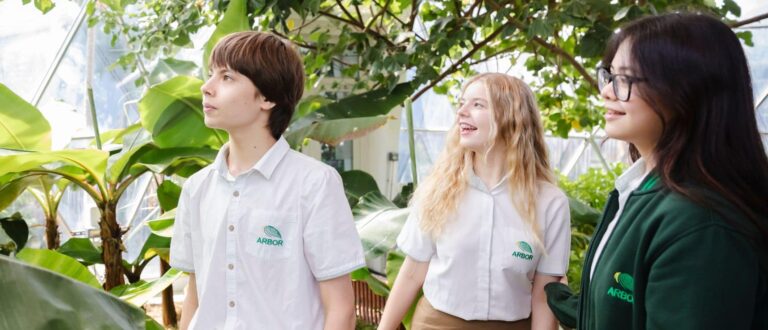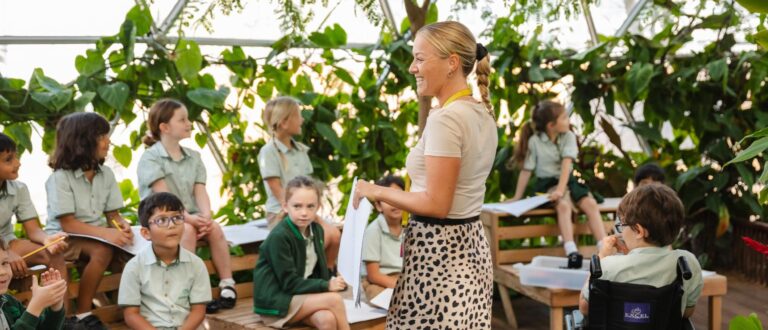Several weeks into remote learning, the challenges brought about by Covid 19 have been overwhelming for many, and may have had an impact on your mental health. The uncertainty has caused us to feel a range of emotions such as fear, sadness, and frustration. Some days are better than others and sometimes these feelings come and go. However, sometimes our worries and feelings get bigger and bigger and it becomes very difficult for us to cope with them on our own.
Most of the time, adults are better at expressing and processing any brewing thoughts and emotions, but not all children are able to externalise their emotions verbally or through outbursts and tantrums. Just because your child isn’t talking about this uncertain time, doesn’t mean they aren’t thinking about how long this is all going to last or when they can see their friends and family again! So, how can you tell if your child is anxious or worried if they aren’t overtly expressing themselves anymore?
As parents, you are the experts when it comes to your child, so listen to your instincts when you see subtle signs or changes in your child’s behaviour. For example, your child might start to avoid activities that they usually enjoy or they might have trouble concentrating and sleeping. Your child may also complain about physical symptoms such as, headaches, tummy aches and may present as being tired all the time (similar to the unexplained exhaustion the grown-ups are feeling at this time). If your child is a teen, they might start becoming more defiant, appear less motivated, exhibit aggressive behaviors, or stay in their room for longer periods (even more than usual).
Strategies to help your child’s mental wellbeing
Here are some practical strategies you may wish to use to help you look after your child’s mental health and wellbeing during this time. It’s important to be consistent when using these strategies in order to reduce the risk of mental ill health during this time and even once schools reopen.
Manage your own anxieties
As parents, manage your own anxieties by finding time to relax and recharge when possible. You only need 15 minutes to focus on deep breathing or stretching, and if you have more time do an online yoga class or make time for prayer.
Talk about their feeling
Get your children talking about what they are feeling at this time. You can lead the conversation by sharing what you might be worried about as a parent (nothing too extreme as you don’t want your child to worry even more). You can explain that it’s okay to be worried, feel anxious and tired, but there are ways to minimise this by doing something they enjoy or by spending quality time together by watching a movie, playing a board game together, or talking about what you’re most looking forward to once this is all over. https://www.childhood.org.au/app/uploads/2020/04/Things-to-Look-Forward-to-Resource.pdf.
Get ready to answer “what if”
If you are hearing a lot of “what if” thoughts from your child. For instance, “what if one of us get sick? Instead of saying “don’t worry” or “it will be fine”, focus on the facts and remind them that the social distancing rules, wearing masks and frequent hand washing will prevent them from getting sick. If they continue to say “what if”, talk through a ‘what if’ plan with them to reassure them. If you have tried everything and your child is still worried spend some time doing a positive and calming activity together.
Reach family and friends
Organise times for yourself and your child to see friends and family via video calls. It will provide you and your family an opportunity to talk about your experiences and emotions together.
Limit screen time
Even though its difficult right now, do try and set limits on screen time, watching local or international news and encourage reading about updates through reputable resources.
Written by The British International school Abu Dhabi Counselling Team
Useful Links
How to support your child’s mental health during COVID-19 and beyond
Mental health and wellbeing of children and families impacted by COVID 19
Coronavirus: How to mind your child’s mental health during distance learning
How will the pandemic affect children’s mental health







